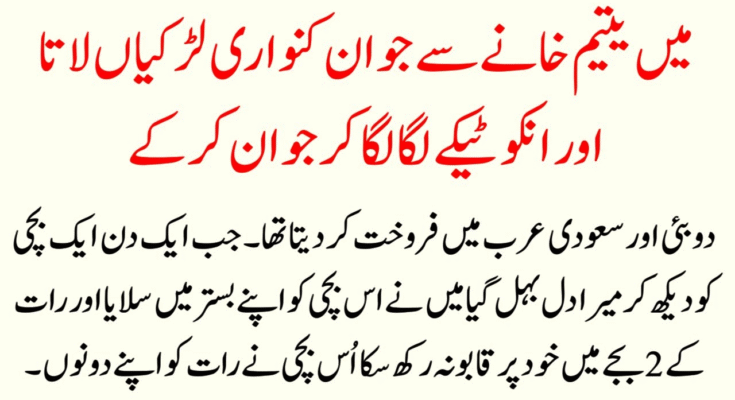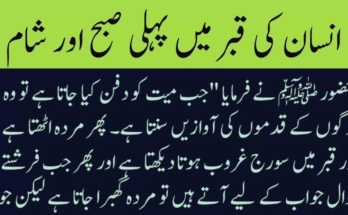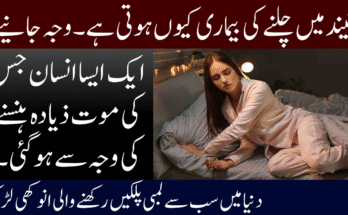For years, I thought the only way to build wealth was to sacrifice everything.
No fun nights out. No coffee runs. No small joys.
I was wrong.
In 2025, the truth is clear: you don’t need to be miserable to be financially free. You just need awareness, strategy, and small consistent actions.
Here’s exactly how I flipped my finances — and my life — without losing my sanity.
Step 1: Facing the Ugly Truth
Before I could fix anything, I had to see the reality:
- My bank balance was zero, again.
- Credit card bills were piling up.
- I had no emergency fund.
- I spent money to make myself feel good — but it never lasted.
I started tracking every single penny for 30 days. And the results shocked me:
| Category | Monthly Spend |
|---|---|
| Coffee & Snacks | £150 |
| Takeaways & Dining Out | £400 |
| Subscriptions | £120 |
| Impulse Online Shopping | £250 |
| Total “Invisible Spend” | £920 |
Nearly £1,000 a month was going out on things I barely enjoyed.
💡 Awareness is the first step. You can’t fix what you don’t measure.
Step 2: Building a “Soft Budget” That Works
I didn’t go full austerity mode — I created a soft budget:
- 50% Essentials: Rent, bills, groceries
- 20% Fun Money: Coffee, Netflix, nights out
- 30% Savings/Investments: Emergency fund, index funds, small side hustles
The difference? I could still enjoy life but without guilt or stress.
Step 3: Automate or Forget About It
One of the biggest mistakes I made was relying on willpower.
Willpower fails — systems don’t.
I automated:
- Savings: 20% of every paycheck goes into a separate account
- Investments: Small monthly contributions to index funds and ETFs
- Debt repayment: Auto-payments to avoid late fees
Automation turned my money into a silent worker, earning while I lived.
Step 4: Turning Skills Into Side Income
Instead of chasing “get rich quick,” I focused on skills that scale:
- Freelance writing: £200–£500/month
- Notion/Canva templates: passive income, £50–£200/month
- Short online courses: £100–£500/month
I didn’t quit my job. I didn’t overwork myself.
I built one additional stream at a time, slowly and deliberately.
Step 5: Cutting the Noise
I unsubscribed from emails, social media ads, and influencers constantly flexing.
Why? Because my mind and money were being hijacked.
Now, before I spend, I ask:
“Does this bring value to my life, or just dopamine?”
This tiny habit saved me over £1,500/year.
Step 6: Investing for the Future
I kept it simple:
- Index funds for long-term growth
- Fractional stocks for curiosity
- High-interest savings accounts for emergencies
I stopped chasing flashy crypto tips or “overnight gains.”
Consistency beat risk every single time.
Step 7: Measuring Real Wealth
Forget salary. Forget luxuries.
I measure real wealth by freedom:
- Could I take a week off without worry? ✅
- Could I cover a medical emergency? ✅
- Could I live comfortably if my job disappeared? ✅
If yes, you’re winning.
The Results After 12 Months
| Category | Outcome |
|---|---|
| Total Savings | £12,500+ |
| Passive Income | £400–£700/month |
| Debt Reduction | Fully paid off |
| Mental Peace | 10/10 |
| Life Enjoyment | Much higher than before |
Not bad for someone who once lived paycheck to paycheck.
Final Thoughts
Financial freedom isn’t about:
- Big salaries
- Flashy cars
- Designer clothes
It’s about:
- Awareness
- Discipline
- Smart systems
- Small, consistent wins
- Peace of mind



